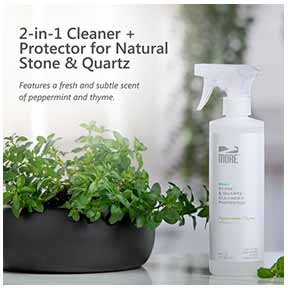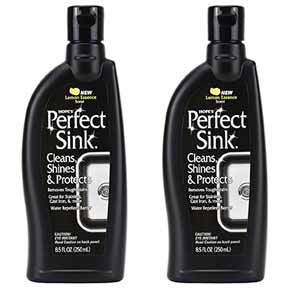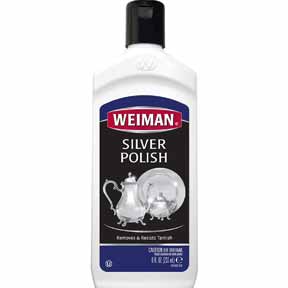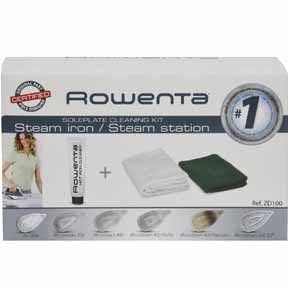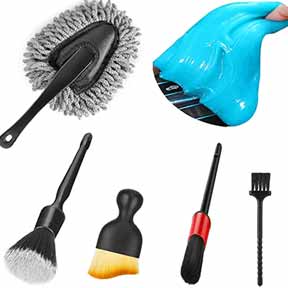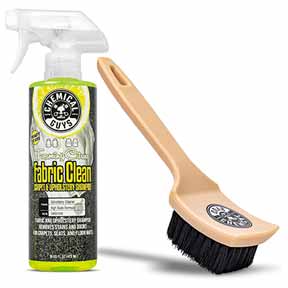How to Clean Piano Keys
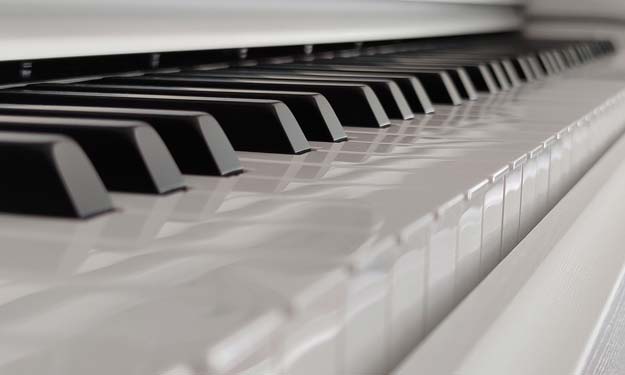
Cleaning Piano Keys
If you play the piano regularly, you’ve probably noticed how dirt and oils from your hands can build up on the keys, making them look dull and worn. Whether you have plastic, ivory, or synthetic keys, it’s important to clean them properly to maintain their brilliance and protect your instrument. Here’s a comprehensive guide on how to clean piano keys safely and effectively.
What to Use to Clean Piano Keys
Mild Soap and Filtered Water
Mix a small amount of gentle dishwashing liquid with lukewarm filtered water. Use a soft microfiber or cheesecloth for cleaning. Avoid soaking the cloth – wring it out to ensure it’s only damp, not dripping.
White Vinegar Solution for Plastic Keys
For plastic keys (often found on modern pianos), a solution of one part white vinegar to three parts water works well. Apply the solution to the cloth, not directly to the keys.
What to Avoid When Cleaning Piano Keys
Harsh Chemicals
Avoid cleaners containing alcohol, chlorine, benzene, peroxide, or salts, as these can discolor or crack the keys.
Abrasive Materials
Stay away from paper towels or rough cloths, which can scratch the keys and leave fibers behind.
Colored Cloths
Do not use colored cloths, as the dye may bleed onto the keys.
Spray Cleaners
Never spray solutions directly onto the keys. Sprays can seep into the gaps between keys, potentially damaging the internal mechanics of the piano.
Cross-Contamination
Always clean the white keys first and the black keys second using a different cloth. This prevents any black paint from transferring onto the white keys.
Step-by-Step Cleaning Process
Prepare Your Cleaning Materials
- 3 microfiber cloths (one damp with soap solution, one damp with water only, and one dry).
- Mild dishwashing liquid or a vinegar-water solution (for plastic keys).
Clean the Keys
- Use the damp cloth with soap to gently wipe down the keys in a “toward-the-player” motion (from the back of the key to the front). Clean a few keys at a time.
- Follow with the second damp cloth (water only) to remove any soap residue.
Dry and Buff
- Use the dry microfiber cloth to thoroughly dry each key, buffing them to a shine.
Special Care for Ivory Keys
- For older pianos with ivory keys, use a flannel or chemise cloth barely dampened with water and mild soap. Avoid letting moisture drip between the keys. Clean and dry one key at a time for extra caution.
Additional Tips for Maintaining Clean Piano Keys
Clean Your Hands Before Playing
Wash your hands to reduce the transfer of oils and dirt. Avoid using hand sanitizers with harsh chemicals unless your hands are completely dry.
Keep the Key Cover Closed
When the piano is not in use, close the key cover to prevent dust and dirt buildup.
Test in an Inconspicuous Area
Before using any cleaning solution, test it on a small, hidden area of the keys to ensure it won’t cause damage.
Final Thoughts on Cleaning Piano Keys
Cleaning piano keys isn’t difficult, but it requires patience and care to avoid damaging the keys or the piano itself. Regular cleaning, combined with good maintenance habits like closing the key cover and washing your hands before playing, will keep your keys looking bright and your piano performing beautifully for years to come.
Car and Household Cleaners
